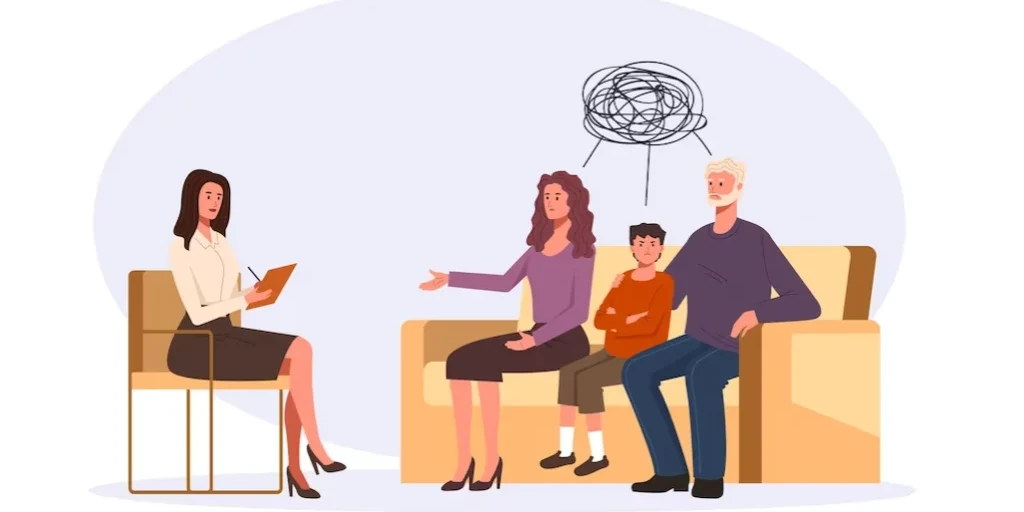24/7 Helpline:
(866) 899-221924/7 Helpline:
(866) 899-2219
Learn more about Group Therapy centers in Emily
Group Therapy in Other Cities

Other Insurance Options

Molina Healthcare

Aetna

Group Health Incorporated

Oxford

GEHA

Coventry Health Care

Carleon

Horizon Healthcare Service

Providence

Choice Care Network

MHNNet Behavioral Health

United Health Care

Optum

BHS | Behavioral Health Systems

Amerigroup

Health Partners

Health Choice

Access to Recovery (ATR) Voucher

Self-pay options

State Farm






Northern Pines Chemical Health
Northern Pines Chemical Health is a private rehab located in Brainerd, Minnesota. Northern Pines Che...

Pinnacle Recovery Services
Pinnacle Recovery Services is a private rehab located in Brainerd, Minnesota. Pinnacle Recovery Serv...

Mended Reeds Mental Health
Mended Reeds Mental Health (MRMH) is an alcohol and drug rehab center in Ironton, Ohio. They serve m...



































































































Adult Teen Challenge – Life Renewal
Adult Teen Challenge (ATC) Life Renewal is a private, faith-based rehab that provides treatment for ...

Community Addiction Recovery
Community Addiction Recovery is a public rehab located in Brainerd, Minnesota. Community Addiction R...

Northern Pines Mental Health – Brainerd
Northern Pines Mental Health – Brainerd is a private rehab located in Brainerd, Minnesota. Northern ...

Spectrum Outreach Services
Spectrum Outreach Services is a private rehab located in Ironton, OH. Spectrum Outreach Services spe...

Lawrence County Family Guidance Center
Lawrence County Family Guidance Center is a private rehab located in Ironton, Ohio. Lawrence County ...



































































